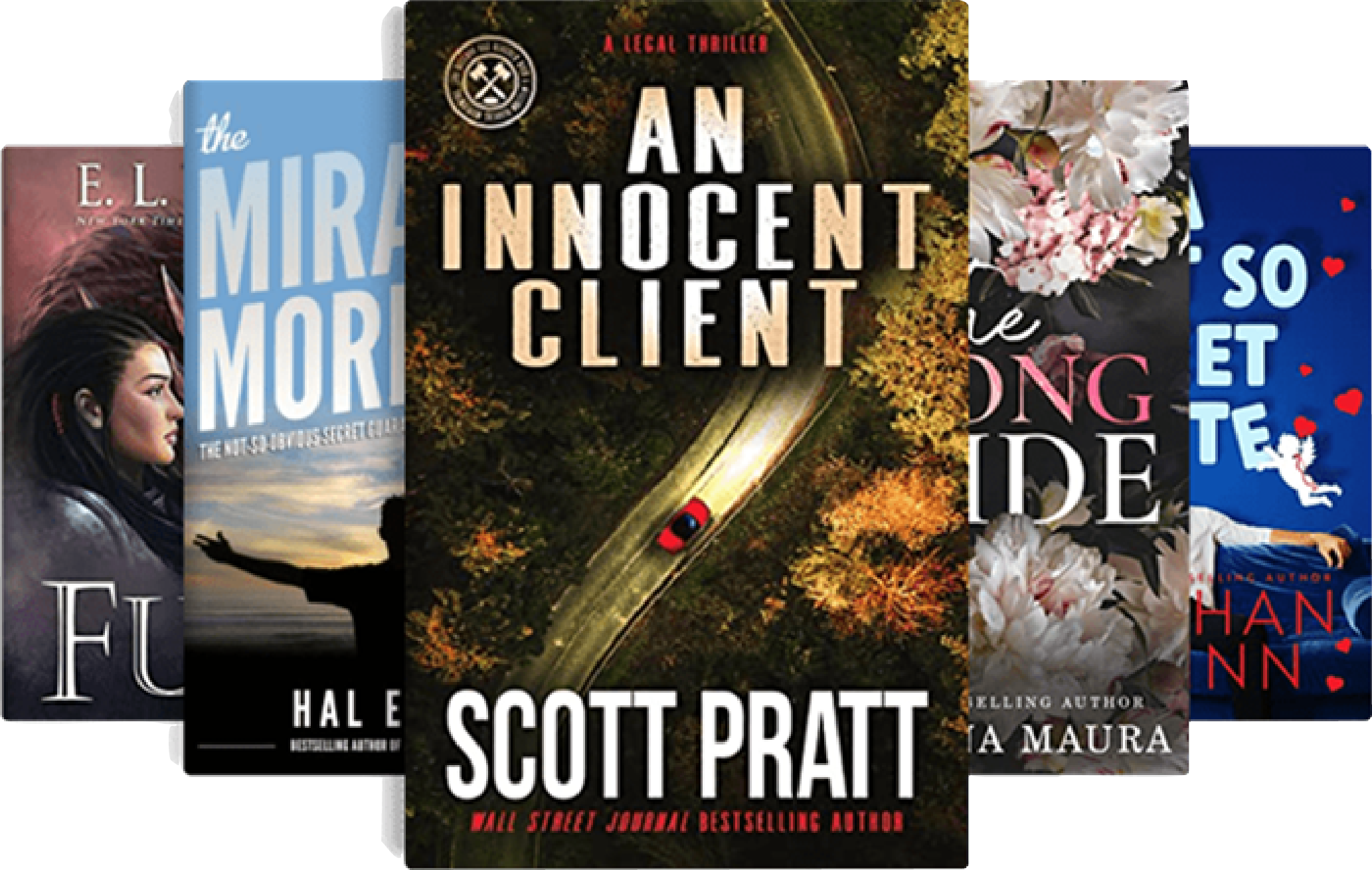Almost everyone, at some point, dreams of writing their story. Some imagine recording every chapter, from playground days to retirement. Others feel pulled to capture one fiery season that changed them forever. Before the first word hits the page, there’s a choice. Do you write an autobiography, or do you write a memoir?
These 2 look alike at first glance, but step closer and the difference between autobiography and memoir glows. Each has its own heartbeat, its own rhythm, and its own raison d’être. Pick the right one, and your story shines in its truest form — especially if you aim to write the best autobiography that reflects your life authentically.
In this blog, we’ll unravel memoir v. autobiography: the better option. You’ll see what makes them unique, what each can give you, and how to choose the one that will carry your story best.
Table of Contents
ToggleExploring the Basics
Both autobiography and memoir are stitched from memory. Both tell the truth, both reveal lives. But they wear different coats. One is wide and sweeping. The other is close and personal.
The Role of an Autobiography
An autobiography is your life’s blueprint — charting the journey from your very first breath to the person you are today. Nothing gets left out. Childhood milestones, teenage detours, career highs, and hard-earned wisdom all find their place.

More than a timeline, an autobiography places one life in the wider flow of history. Leaders connect personal choices to world events. Artists reveal how their work mirrored the culture of their era. Readers come looking for truth: facts, dates, and the steady rhythm of lived experience.
Example:
A president might recount how global crises shaped their decisions in office, while an artist could show how the spirit of the times left its mark on their canvas.
The Role of a Memoir
Think of a memoir as a close-up, not a map. It doesn’t try to cover everything — it captures a slice of life, a single season, or one defining truth.
What matters most is voice and intimacy. Dates can blur; feelings cannot. Memoirs trade precision for presence, offering the raw texture of experience and the emotions behind it.

Readers turn to memoirs for connection, not chronology. They crave honesty, reflection, and the pulse of a lived moment.
Example:
A nurse might open the doors to her years in the trauma ward, letting us feel the urgency of each night. A traveler might share a single journey that forever reshaped the way they see the world.
Key Elements that Set Them Apart
Autobiography and memoir may share the same roots, but they branch out in very different directions. To see the contrast clearly, let’s break them down by scope, tone, and purpose.
| Element | Autobiography | Memoir |
| Scope & Focus | The wide canvas — spans your whole life, from childhood to present. | Narrow lens — zooms in on one theme, season, or defining truth. |
| Tone & Style | Formal, factual, steady — accuracy and chronology matter. | Personal, reflective, intimate — emotions and voice lead the way. |
| Purpose | Legacy and record — a complete account for history, family, or the public. | Connection and meaning — lessons and resonance with readers. |
| Audience | Often readers are curious about a notable life or a full journey. | Readers seeking honesty and relatability often go through shared themes. |
Why Choose One Over the Other?
When it comes down to memoir v. autobiography, the choice isn’t about rules. It’s about your goal. Ask yourself: what story am I telling, and what should readers feel?

When an Autobiography Makes Sense
An autobiography fits when you want the whole arc. Childhood to present. Every milestone, every turn. It’s the format for legacy, for history, for family records.
When a Memoir is the Better Choice
A memoir works when you want to zoom in. One theme, one season, one truth. It’s about emotion, reflection, and connection. Readers come for honesty, not a full timeline.
Common Misconceptions
Before we go further, let’s bust a few myths:
“A memoir is just a shorter autobiography.”
Wrong. It’s focused, not trimmed.
“Autobiographies are boring lists of facts.”
Not if written with life and detail.
“Only famous people write these.”
No. Readers care about story, not fame.
Deciding What Fits Your Story
Now that you know the difference between autobiography and memoir, choosing between the 2 will be much easier. Remember: it all comes down to intent. What do you want this book to do? Answer that, and the right form becomes clearer.
Ask Yourself These Questions
Do you want to tell your entire life, or just a slice of it? Are you hoping to leave behind a detailed record or share one experience that shaped you? Do you want readers to understand history, or to learn from your personal lessons?
Think About Your Readers
Now, picture who’s holding your book. Is it family, curious about your legacy? Or is it strangers, drawn to your story because it mirrors their own? Decide what you want them to feel, what you want them to carry with them when they finish.
Blurring the Lines
Not every book fits neatly into a single box. Some combine elements of both. A memoir might lean on history for context. An autobiography might pause to reflect on a single theme. The mix can work, and it often makes a book more dynamic.
Why Labels Still Matter
Even when stories blur, categories count. Readers rely on them. So do bookstores and marketers. A memoir promises intimacy. An autobiography promises the full record. Clear labels help your book find the right audience and the right shelf.
Which One Tells Your Story Best?
At the end of the day, whether you’re leaning toward an autobiography or a memoir, it all comes down to how you want your story to live on the page. Do you want to share the full arc of your life, or zoom in on the moments that truly shaped you? There’s no one-size-fits-all; just the path that feels right to you.
And if the idea of writing feels a little overwhelming, you’re not alone. Our team at Ghostwriting Help can be your creative partner. With the right support, your story becomes more than just words — it becomes something that moves people, something that lasts.
Frequently Asked Questions
1. How do I know if my story should be an autobiography or a memoir?
Ask yourself if you want to cover your entire life or focus on one defining part of it. The scope will guide your choice.
2. Can a memoir include historical events like an autobiography?
Yes. Many memoirs weave in history for context, but the focus stays on how the events shaped the writer personally.
3. Do readers really care if it’s called a memoir or autobiography?
They do. The label sets expectations. A memoir promises intimacy and reflection. An autobiography promises the whole record.
4. Do I have to be famous to write one?
Not at all. Readers love honest, well-told stories. Everyday lives can resonate just as strongly as celebrity ones.
5. What if I still can’t decide which format works best?
Think about your readers and your goals. And if you’re stuck, working with professionals can help you shape the right path for your story.





